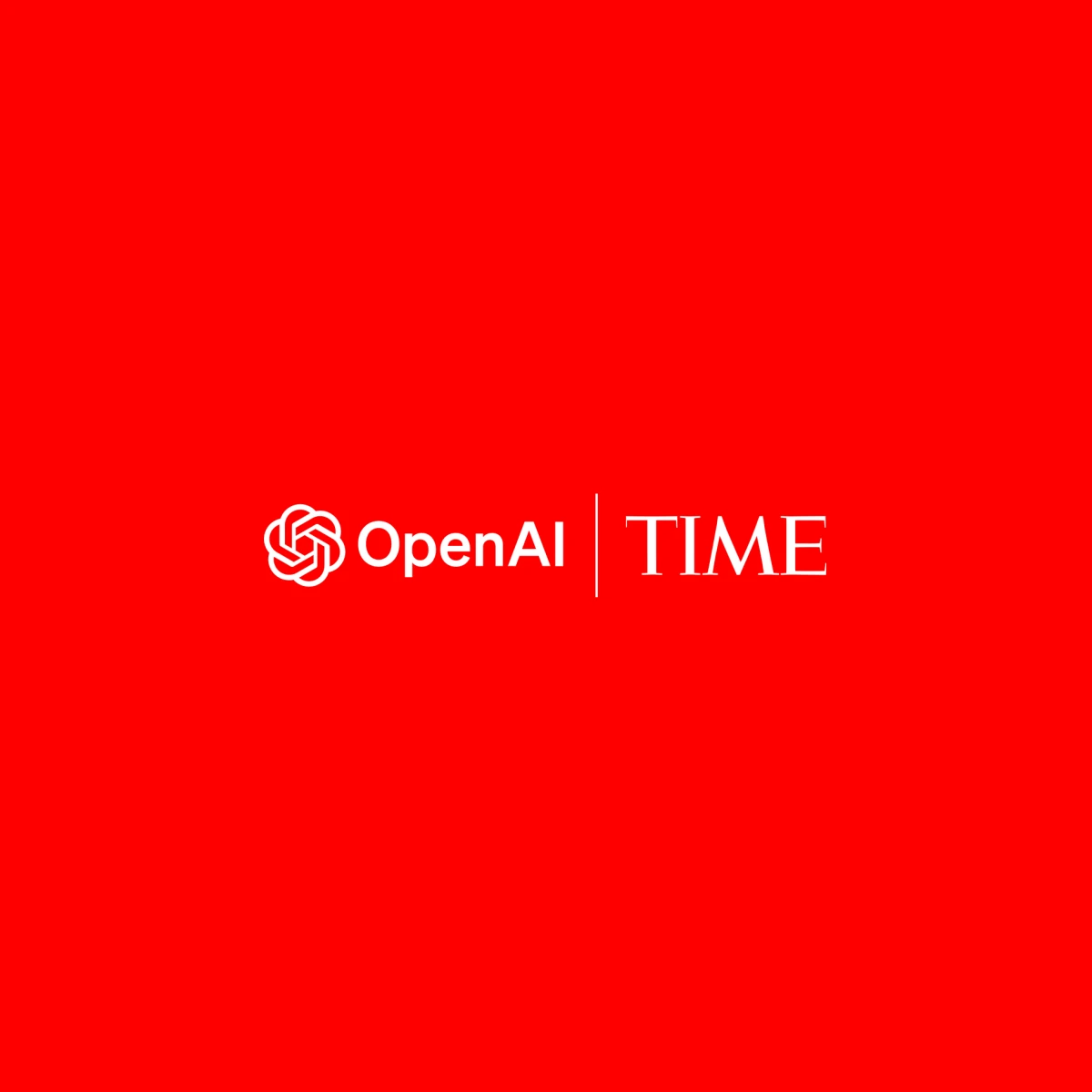TIME magazine and OpenAI announce a strategic partnership, granting OpenAI access to TIME’s vast content archive for use in its AI models.
TIME magazine and OpenAI are teaming up. It’s a content deal that’s turning heads and raising questions. Will this be a marriage of journalistic integrity and AI innovation, or a Faustian bargain with unpredictable consequences?
OpenAI, the brains behind ChatGPT, is getting the keys to TIME’s vast archive, spanning over a century of journalism. That’s a treasure trove of information, ripe for the picking and feeding into OpenAI’s language models.
Imagine asking ChatGPT about the moon landing and getting a response that’s not just regurgitated facts, but insights drawn from TIME’s original reporting. ChatGPT will also give source links for the TIME articles used to generate the output when required.
This comes after OpenAI was sued by 8 daily newspapers and earlier, by NY Times for copyright infringement. Notably, OpenAI is trained on all data from all major media websites, including stuff that’s paywalled, giving free access to ChatGPT users that the publishers never intended.
Now, there are obviously some major upsides of this deal.
OpenAI gets a boost of credibility by tapping into TIME’s reputable journalism, while TIME gets a wider audience for its content. It’s a win-win. OpenAI’s models could become smarter, more informative, and less prone to hallucinations. That’s a big deal in a world where misinformation runs rampant. And as for TIME, it gets to experiment with OpenAI’s tech, potentially developing new ways to deliver news and engage readers. Who knows, maybe we’ll see AI-generated articles or interactive news experiences.
But let’s also shift our focus to the potential downsides of this deal (and the many more to come in the near future):
TIME is essentially handing over its content to a third party, risking its misuse or misinterpretation. What if ChatGPT starts spouting biased or inaccurate information based on TIME’s reporting? Also, AI models are notoriously opaque, making it hard to understand how they arrive at conclusions. Will we know if TIME’s content is being used responsibly? I’d also ask if this is the beginning of the end for human journalists? Will AI replace reporters, editors, and fact-checkers?

